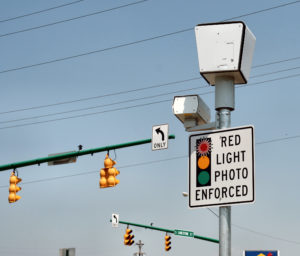Drug companies are likely unhappy and worried about future lawsuits after the Pennsylvania Supreme Court issued a ruling late last month which said they could be sued for defectively designed drugs, something that has not previously been allowed. The 4-2 decision revolved around a case against a Pfizer subsidiary, Wyeth, which made a dangerous diet drug that has since been taken off the market.
In this case, the plaintiff, Patsy Lance, died after taking a diet drug made by Wyeth known as Redux. Only a few months after Lance’s death, Redux was pulled from the market by the drug company due to the possibility it could lead to the development of heart valve disease in patients. Lance’s estate has now filed suit against Pfizer, owner of Wyeth, claiming that the company wasted precious time by delaying public disclosure of the potentially deadly side effects of its popular drug. Further, Lance’s estate claimed that Wyeth failed to properly test and design the drug, something they say was confirmed after the FDA agreed that Redux failed to pass a risk-benefit balancing test.
The Pennsylvania Supreme Court disagreed with Pfizer’s argument that pharmaceutical companies could only be sued for manufacturing defects and inadequate warnings. The Court instead found that other claims, including those for defective design, failure to conduct testing and negligent marketing, ought to be allowed to proceed.
The majority opinion stated that while the notion of strict liability has not been extended to drug companies, there is no reason why pharmaceutical giants should be excluded from other standard aspects of tort law. The opinion went on to say that Wyeth essentially asked the court to insulate drug companies from liability related to the design, testing and marketing of their drugs, something the Court said it was unwilling to do. In cases where companies have behaved without due care which then created an “untenable threat to human health,” the Court concluded plaintiffs ought to be allowed to bring lawsuits against drug companies for a variety of mistakes.
Cases concerning the negligent design of drugs have never been allowed before under Pennsylvania law, something that many legal experts believe will now change. Not only will the decision change the way such cases are handled in Pennsylvania, many expect it to impact product liability law in other states. The hope is that the ruling will spark a push for courts in other states to hear similar cases. Many think this could prove successful given that most appellate courts have never even had the chance to consider such claims before.
CA









Comments for this article are closed.